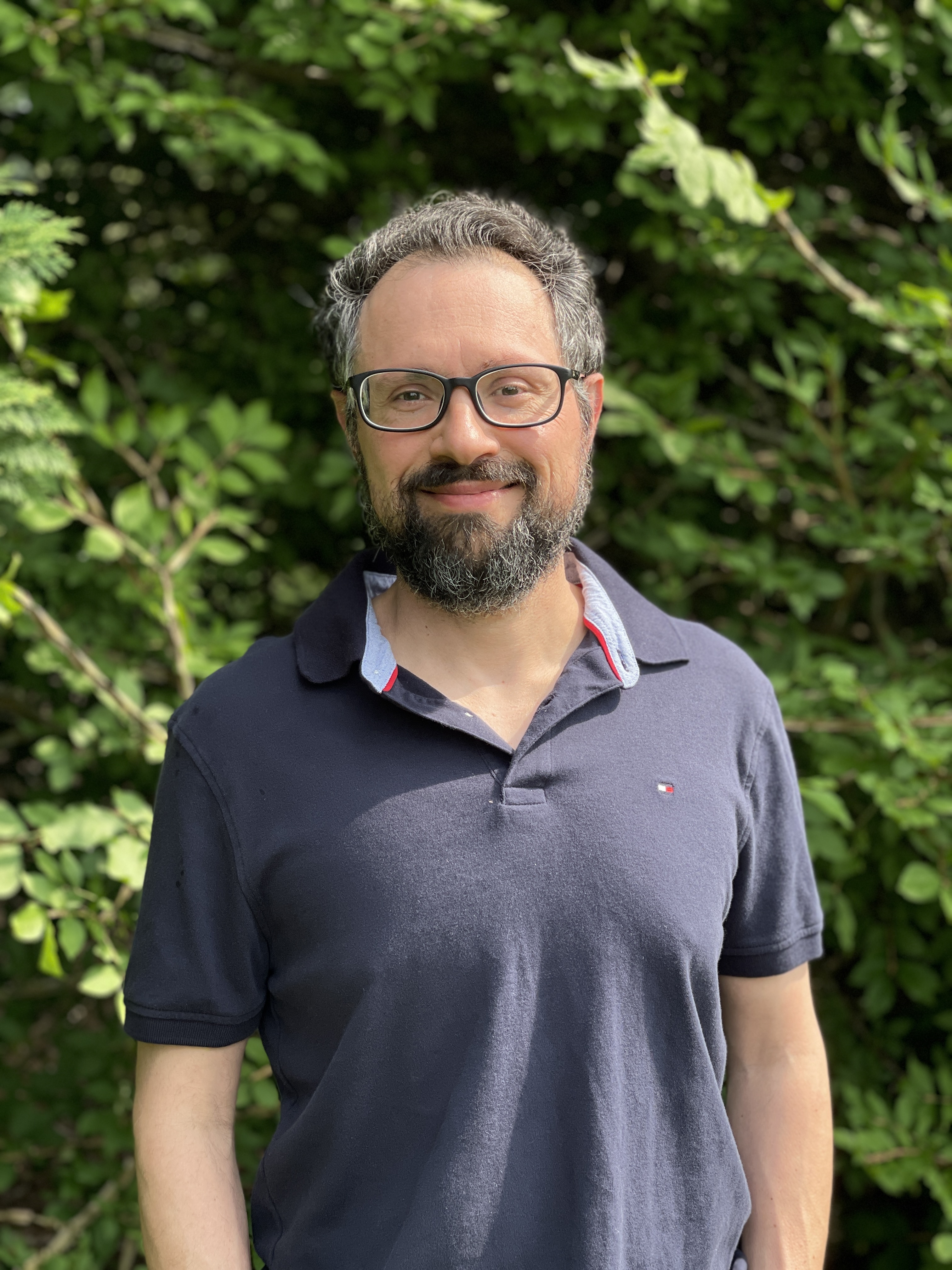Many emerging cyber-physical systems (CPS) are composed of a network of autonomous agents that make high-impact decisions, for example, a network of robots or drones that are on a search and rescue (SAR) mission. Such systems are referred to as high-impact decision making cyber-physical systems (HI-CPS). This research aims at building a unified theoretical framework for HI-CPS and validating this framework by fully implementing and testing a concrete example of such systems, namely, a network of autonomous agents that search for a lost person in dire conditions. This research brings together concepts from probability theory, decision theory, information theory, wireless networks, machine learning, and transportation engineering. By definition, this research focuses on high-impact systems, and it can directly impact the design of important emerging real-life systems. Educational and outreach activities are well-integrated into the research and include developing an honors thesis seminar course, workshops for underrepresented groups, and creating open educational content.
The research has two thrusts: In Thrust 1, a new general theory of decision making suitable for such high-impact decision making is developed. This is based on the novel idea that the very notion of probability is insufficient when we are making high-impact decisions. It is shown that the approach is a multi-dimensional generalization of expected utility. A universality result is proved showing that any other decision-making operation can be framed as a special case of the proposed approach, emphasizing the sufficiency of the approach. Thrust 2 focuses on extending the framework to include two vital factors in HI-CPS: (1) timeliness and efficiency of information transmission as well as (2) power management. Thus, HI-CPS is designed and developed by incorporating all of these factors into a decision-making framework. To validate the theory, a concrete example of HI-CPS, i.e., an SAR system using a network of autonomous agents is built and tested. This research directly addresses Science of Cyber-Physical Systems (CPS) by providing new models and theories that unify HI-CPS.
